READY TO GET STARTED?
REQUEST A FREE ESTIMATE
Fill out the form below or call (888) 466-7849 for a free, no-obligation estimate.
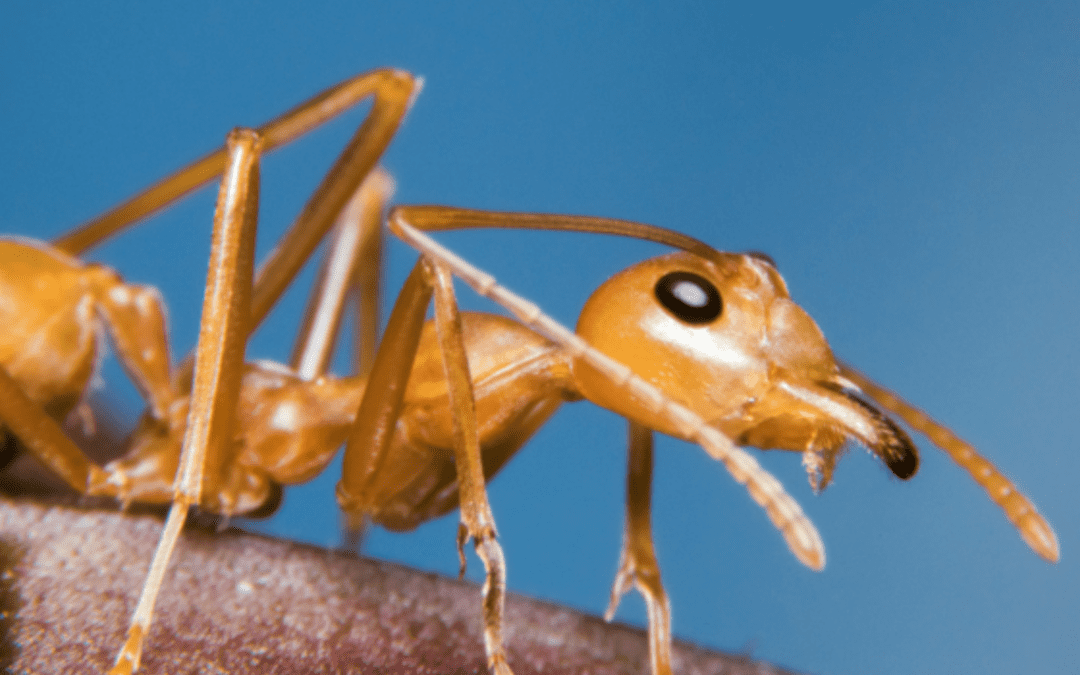
The warmer weather can bring out a mass of pests looking for food, water, and shelter. If certain preventative measures are not placed around your home, pests can easily find their way indoors, making it difficult to get rid of them. Check out our top summer pests and how to prevent them below.
These tiny pests are most active in the summer months due to the warm, humid weather. You will certainly come across mosquitoes and preventing them is easier than you might think. They lay their eggs in standing water, so make sure your property is clear of standing water, including pet bowls and birdbaths. Emptying these items daily will help lessen the possibility of mosquito breeding.
Another small and pesky insect is the ant. These pests love getting into your home to look for leftover food or crumbs. It’s best to vacuum weekly to help alleviate the crumbs leftover in your home. Ants can gain access through the smallest crack or crevice, so be sure to find and seal these as soon as possible.
These pests will eat just about anything, making them hard to get rid of once they’ve invaded your home. Cockroaches can pose a health threat to your family as they are known to spread bacteria and cause severe allergic reactions. The key to discouraging these pests is to eliminate any food sources that are readily available to them. After each meal, wipe down all countertops, stovetops, and spills. Take the trash out regularly and use trash cans with tight-fitting lids.
Dealing with summer pests can be a hassle and take away from your summer fun. If the pest problem is bigger than you can handle, then reach out to your local pest control company to find a prevention plan fit for your home.
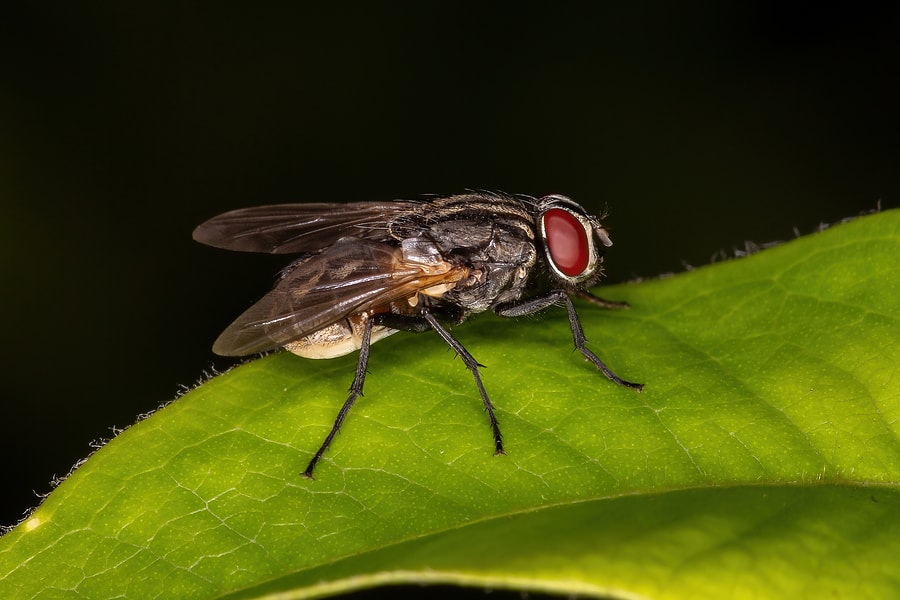
One thing we look forward to in the summer is warmer weather which lets us spend more time outdoors. Unfortunately for some, this also means summer pests come out full force to ruin your outdoor plans. Some of the most common summer pests are flies, ants, mosquitoes, roaches, gnats, ticks, rodents, and stinging insects like wasps and hornets.
There are five major reasons these pests become more prominent in the summer months. The first is temperature. The temperature outside can affect both the behavior and development of pests. Many of these creatures favor the warmer temps, increasing their activity. Other pests, however, will make their way into your home in an effort to escape the heat. Moisture also contributes to pests invading in the summer. Most pests need water to survive and will thrive in moist environments. The increased humidity and summer rain showers provide ideal conditions for pests to thrive during this season. During times of drought, they will make their way indoors in search of water.
Summer also means longer days and shorter nights. More daylight means more time for pests to stay active in their search for food. Food is another motivator for summer pest activity. Grass and other vegetation grows in abundance in the summer months, providing a literal feast for many pests. This also provides them with an ideal place to hide out. Finally, for many pests summer is one of the busiest seasons of their life cycle. They reproduce at a rapid rate during these months in order to grow their populations before the slow down of the winter months. Many also go in search of food to store away for their upcoming winter hibernation or brumation.
Summer pests don’t have to ruin your good times. Here are some Dos and Don’ts of summer pest control.
If you have a problem with pests this summer, contact your local pest control company who can evaluate your home, identify the type of pest you are dealing with, find how and where they are getting into your home, and provide you with the best treatment and prevention plan for your situation.
Watch Out for These Stinging Pests
Mosquito Control For Warmer Weather
The Summer Big Three: Roaches, Mosquitoes, & Termites
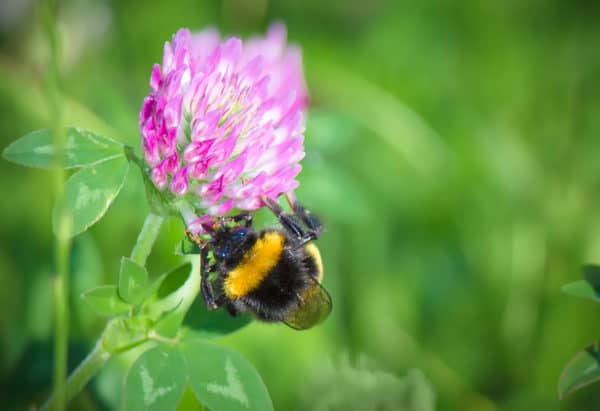
A household pest is any undesired animal that has a history of living, invading, causing damage to, eating food from, acting as a disease vector for, or causing any other harm to a human habitat. While most are considered a nuisance, household pests become dangerous when they pose a risk to health, property, or lifestyle. Household pests aren’t just limited to insects; they also include arachnids, rodents, and wildlife.
While household pests can be found year-round, some are more common in the summer months. Here are 8 of the most common summer household pests and how you can prevent them.
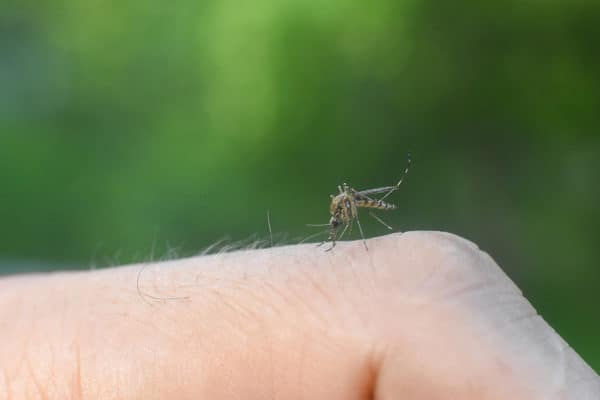
Mosquito season peaks in the summer months. The warm weather and humid environments accelerate their life cycle so they are able to reproduce in large numbers during this time. You are most likely to see mosquitoes when you have standing water on your property. Mosquitoes lay eggs in standing water and the hot, humid climate in summer is ideal for both breeding and to find food sources. Mosquitoes are dangerous to humans as they carry pathogens that can cause serious diseases like Zika and West Nile virus.
Mosquitoes can be prevented by:
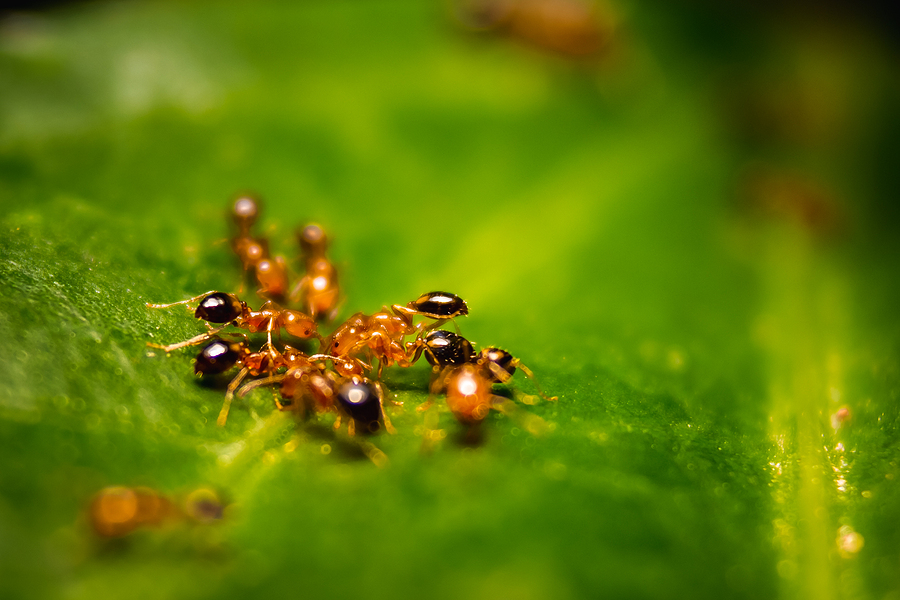
Ants hibernate in the winter and come out in full force over the summer. They have to forage in the summer months to feed their growing colonies and to build up their reserves for fall. Ants are usually seen indoors in the summer because they are searching for food and water as these can become scarce for them.
Ants can be prevented by:
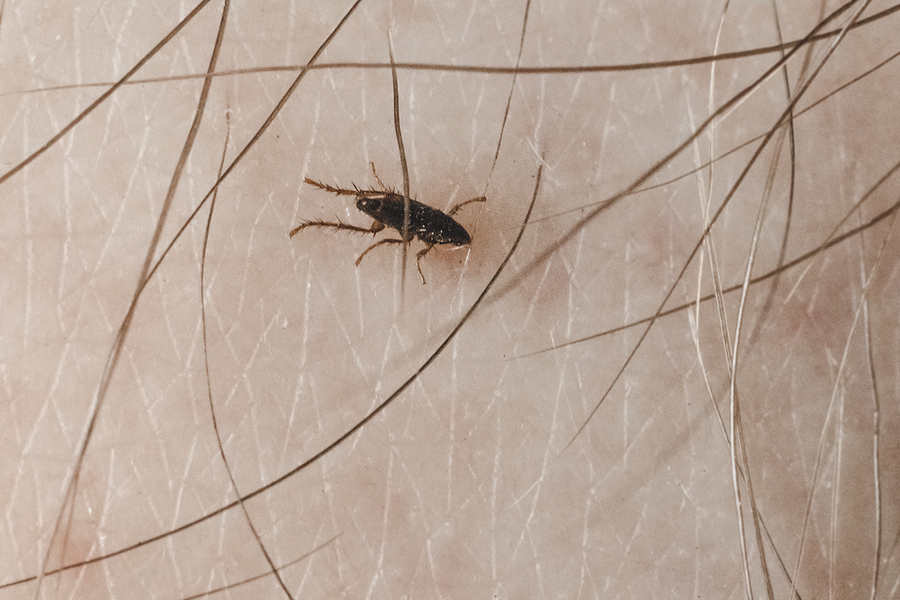
Fleas are prevalent in the summer months, although they can be found on pets year-round. Pets will indicate the presence of fleas by scratching and biting when they come in from outdoors.
Fleas can be prevented by:
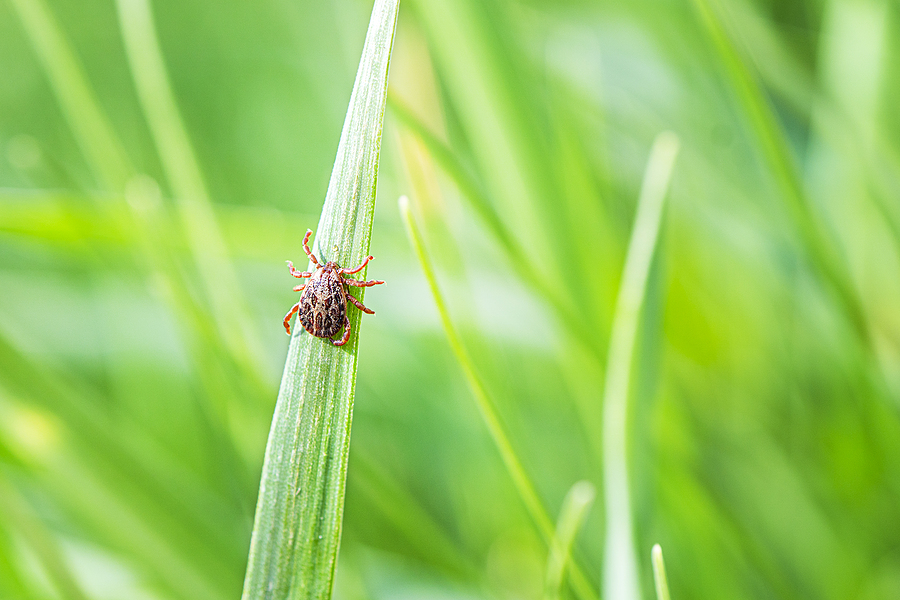
Ticks are problematic to humans and pets because they spread diseases like Lyme disease and Rocky Mountain spotted fever. Tick bites increase in the summer because people and animals are spending more time outside. The US is also seeing an increase in ticks because of the combination of mild winters and an increased population of deer and rodents which are known to carry ticks.
Ticks can be prevented by:
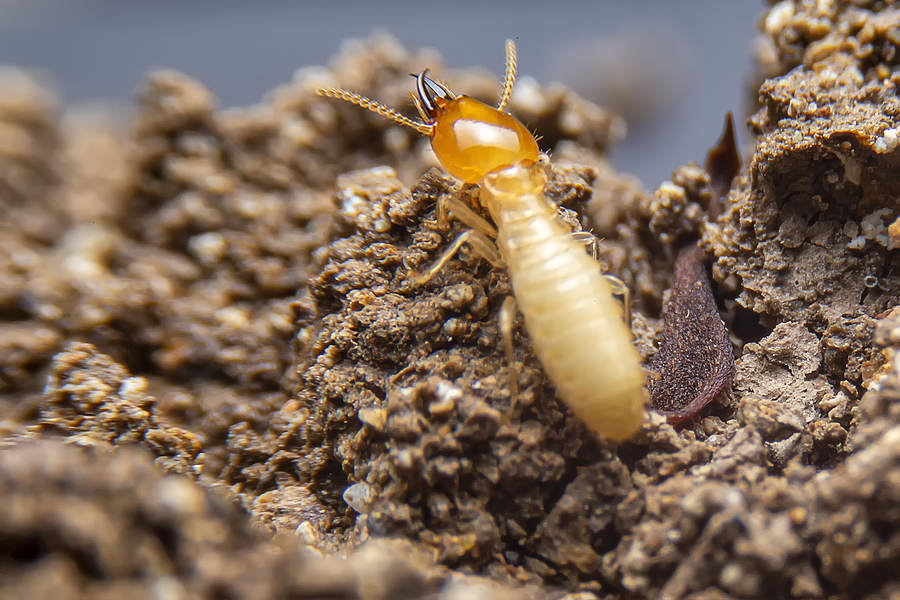
Termite swarming season is in the spring but these newly established colonies grow exponentially in the summer. Termites can go long periods of time undetected, causing significant damage to your home. It is important to keep an eye out for signs of termites so you can catch them early.
Termites can be prevented by:
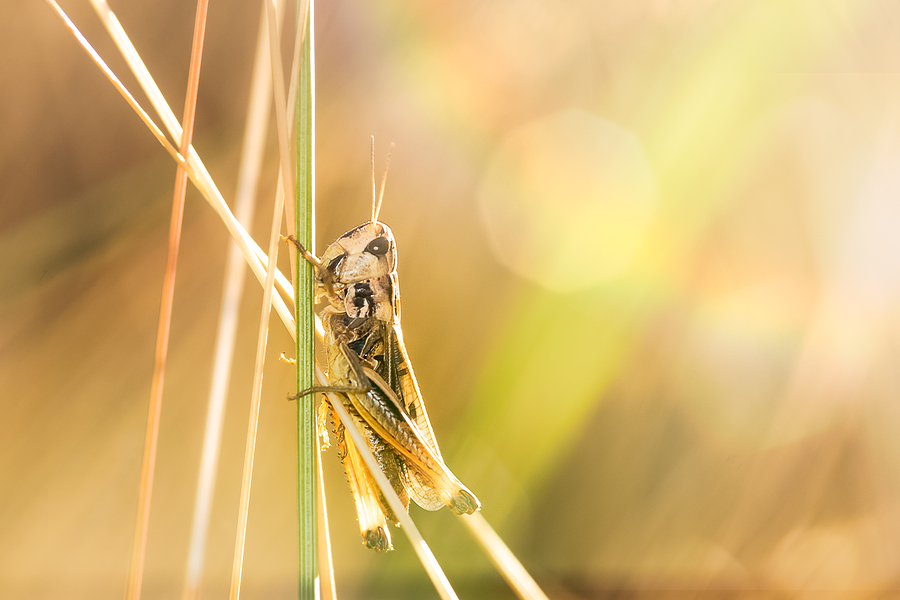
While most people view grasshoppers as just a nuisance pest, they can be devastating to gardeners and farmers. Grasshoppers can devour an entire field of crops in just a few days. Grasshoppers surge in large numbers in the summer months and are most prevalent in dry, hot summers. Grasshoppers can also cause damage to non-farmers as these are one of the only pests that can chew through screens.
Grasshoppers can be prevented by:
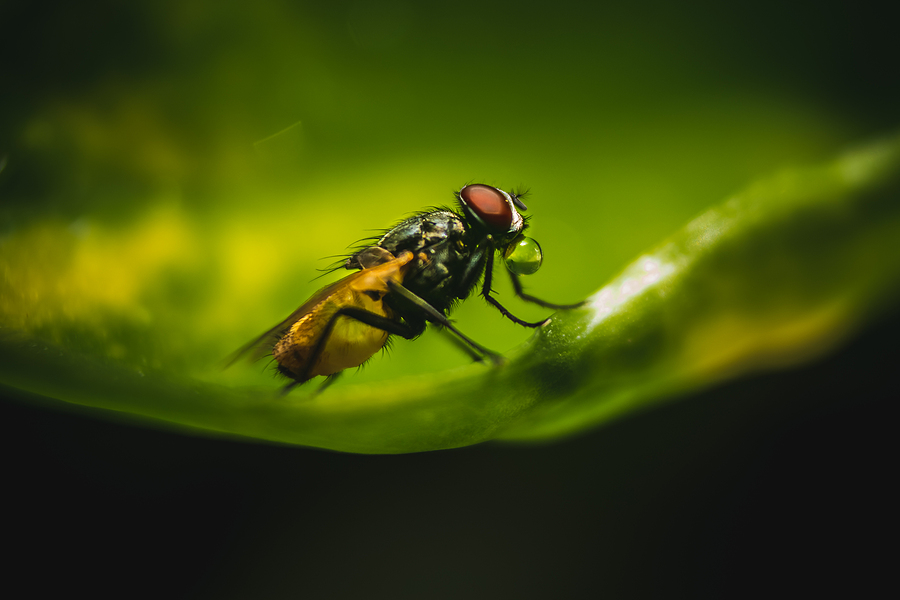
Flies invade your home in the summer months to escape the heat. They only reproduce during the hotter months and reproduce even more prolifically when they get indoors. Flies will stick around well into the fall months.
Flies can be prevented by:
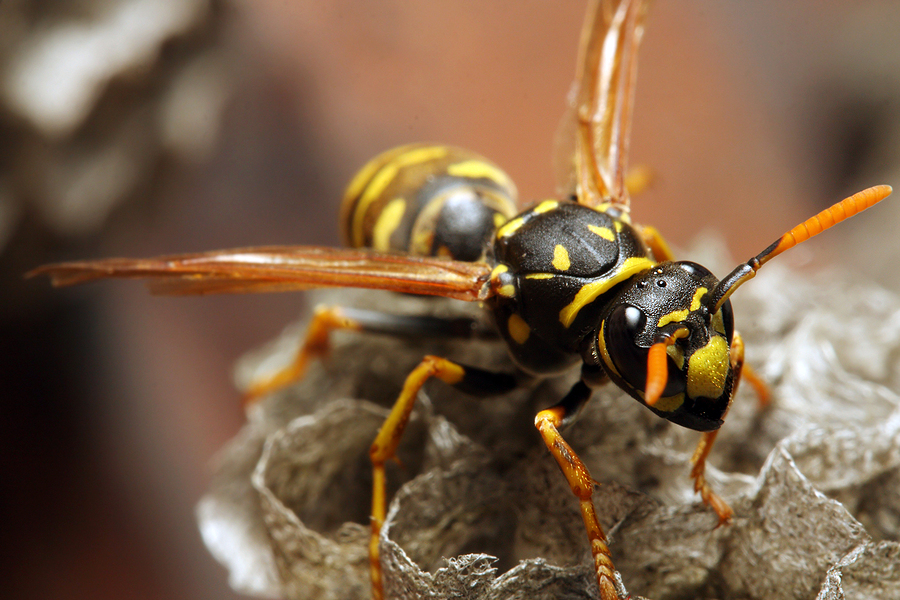
Stinging insects mate in the spring and their populations grow during the summer months. Hornets and yellow jackets are especially common in the summer because they have to establish new nests each year. These are usually found under decking or under piles of leaves. These stinging insects are potentially dangerous for people with allergies. Yellow jackets and bees can also get into the walls of homes, causing significant damage.
Stinging insects can be prevented by:
Don’t let these common summer pests ruin your summer. If you have a problem with any of these pests, contact a professional pest control company who can help eliminate them safely and prevent them going forward.
Termites: How to Stop Their Damage
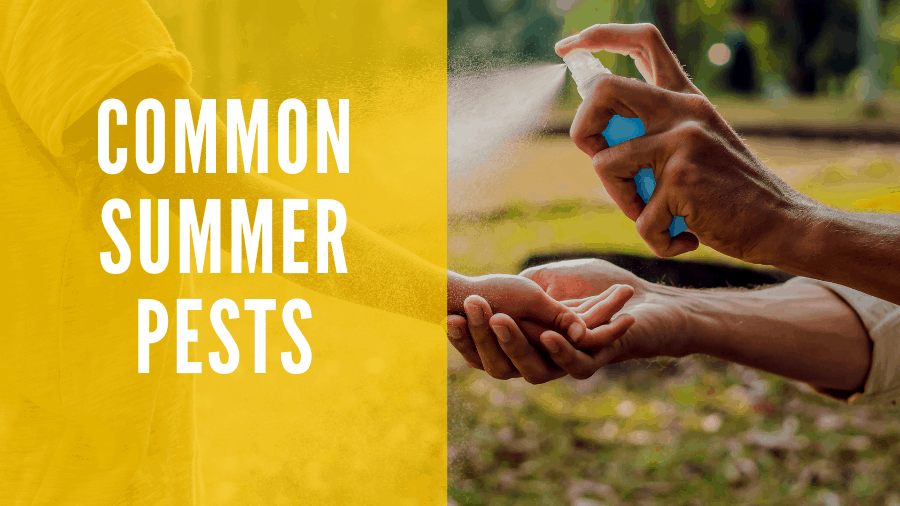
Summer is here and as the temperatures are ramping up and the summer storms roll in, new pests are taking advantage of the conditions and becoming more active.
Let’s check which summer pests are stirring up trouble in your neck of the woods.
The 2019 Atlantic hurricane season officially started June 1 and storms will start to occur more frequently. This excessive moisture will lead to areas of standing water which are the perfect breeding sites for yellow fever mosquitoes. To help prevent mosquitoes this summer, try to:
Swarming season for carpenter ants is typically from May through August. Just like yellow fever mosquitoes, carpenter ants need water for survival and will be drawn to your home if there is excess moisture. To keep ants out of your home this summer try to:
Formosan termites are sometimes called “super termites,” as they are known to be very aggressive. Formosans can chew through wood, floors, and even wallpaper without being detected. A few ways to prevent termites and their subsequent damage are to:
Pests are a hassle but preparation and treatment are key in stopping them in their tracks. Call to schedule a free home inspection and start your journey to a pest-free home.
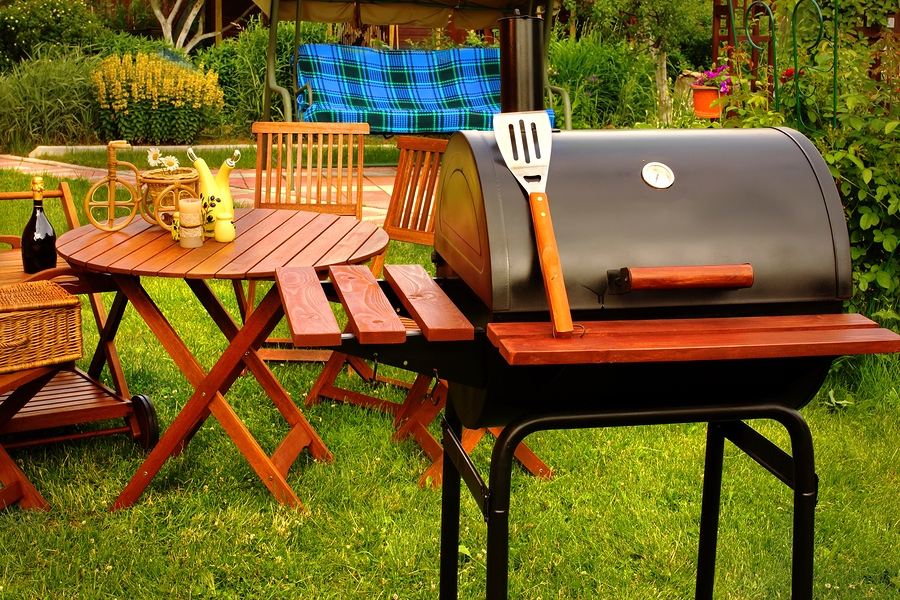
With the last day of school, graduation ceremonies, and Memorial Day quickly approaching, you’re probably feeling the pressure to get your outdoor area ready for all the festivities. Not only are you concerned about the look of your lawn and impressing your guests, but you also need to know which pests to avoid and, if possible, prevent from ruining your celebration. Here’s your party pest avoidance checklist:
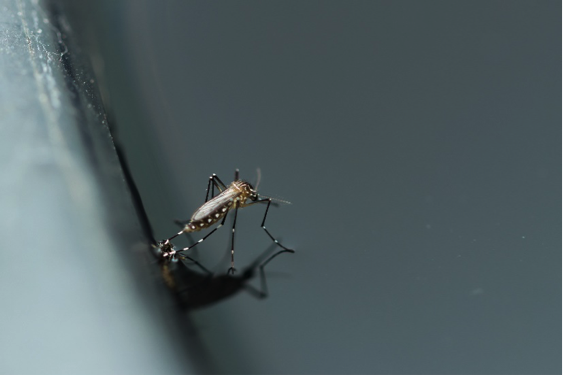
We’d like to be completely rid of mosquitoes forever, but that would be a difficult task! Let’s look at what you can do to reduce their occurrence in and around your home:
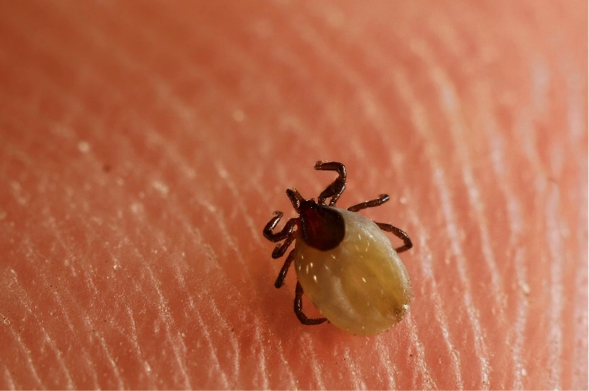
We understand the concern that ticks can breed. Take a look at these tips to prevent one of these pests attaching to you:
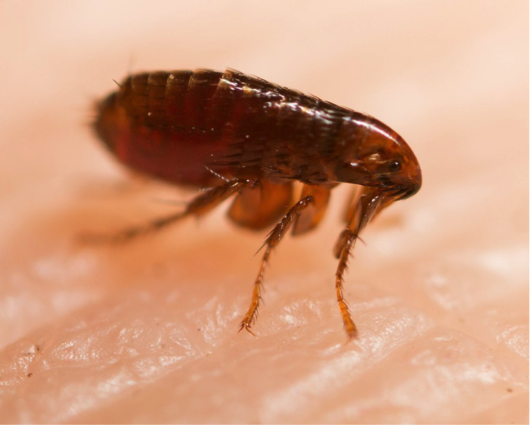
Fleas are typically a nuisance for our furry friends, though they can still cause issues for you too. Here are a few suggestions to keep your home and pets flea-free:
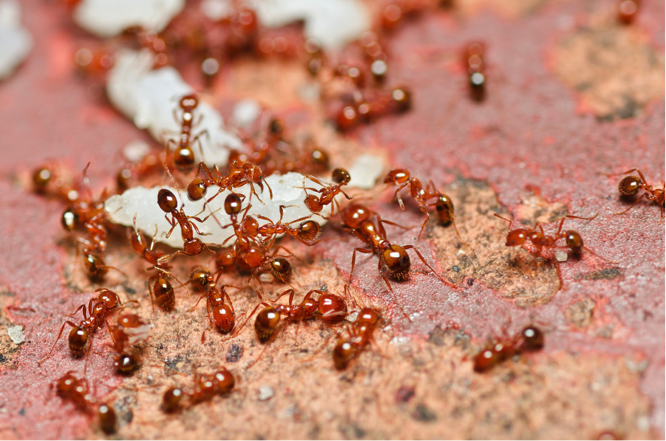
Like mosquitoes, fire ants can be an unwanted fixture on your lawn during the warmer months. They leave painful bites and can be an issue for pets and humans alike. To prevent fire ants from ruining your summer fun, try these tips: